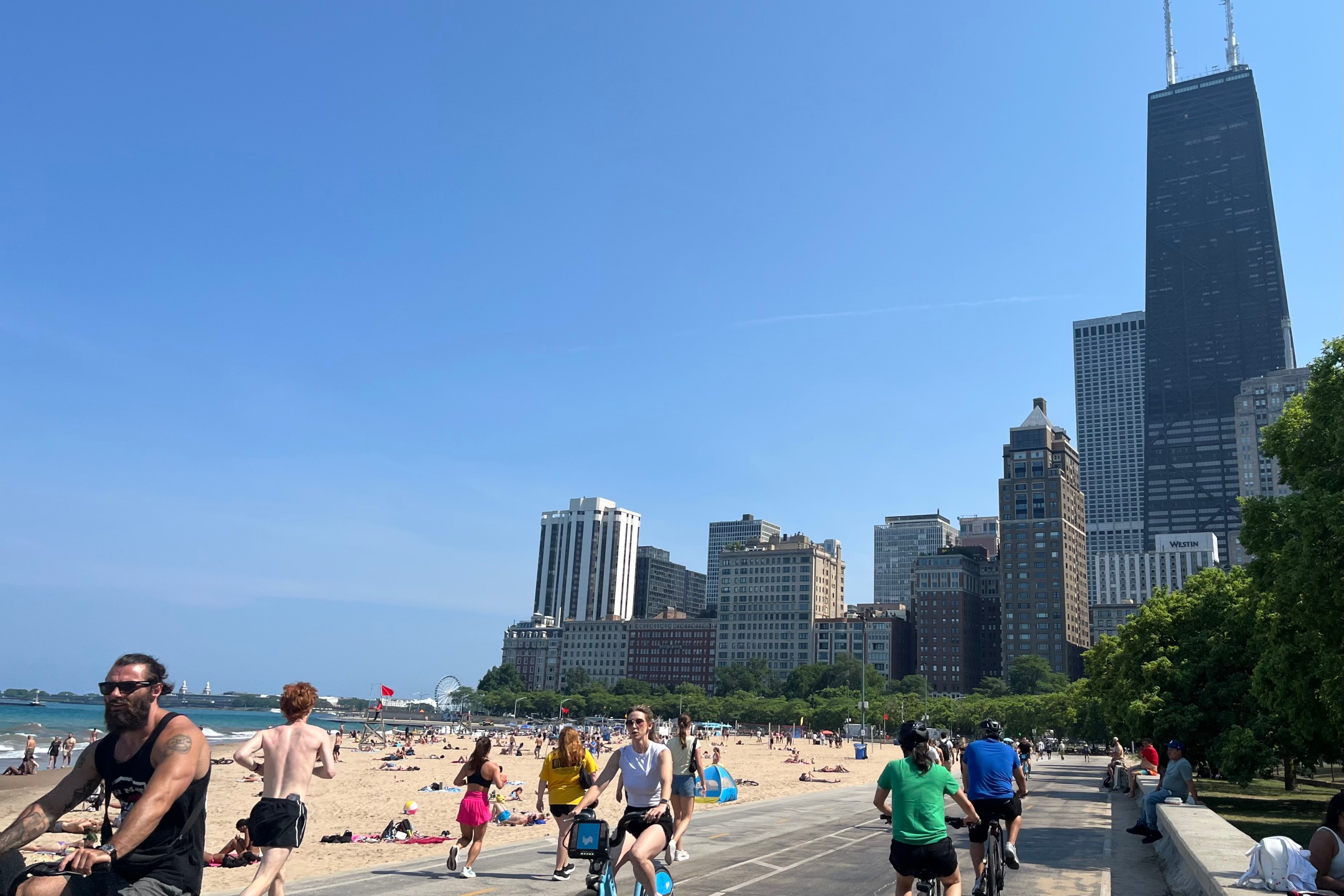
Something pretty remarkable is happening with DC parking policy. The city has begun a sophisticated program based on the work of economist Donald Shoup: meters with prices that adjust to demand, at that time, in that location.
Naturally, there's been some sensational media coverage about how smarter parking meter prices amount to "surge pricing" a la Uber. David Alpert at Greater Greater Washington explains why the hysteria misses the point. The system should end up saving residents time and even money, in some cases:
If you try to park on the street in the Gallery Place/Chinatown area of DC today at a busy time, you might be circling for 20 or 30 minutes. This program will make parking much more predictable and less stressful.
DC is running an experiment, called ParkDC, based on a successful pilot in San Francisco and similar programs elsewhere. There, as here, parking on the street is extremely difficult to find at busy times, but is far, far cheaper than in a garage.
Because of this, people end up circling for 10, 20, 30 minutes looking for the elusive cheap space, and in doing so, add considerably to traffic congestion, not to mention getting frustrated.
People who need to run a quick errand or drop something off can't park, and since garages generally gear their pricing toward all-day or all-evening parkers, it's very pricey to park for a very short time.
The solution is obvious, at least if you're an economist: Price parking according to supply and demand. Raise the price when demand is high, and drop it when it's low.
This encourages people who want to park for a long time to use a garage, while giving people who need quicker and shorter parking a chance. Reduce the circling and speed up traffic for everyone.
Elsewhere on the Network today: The Black Urbanist says the most important thing about cities is how they make people feel. And The Urbanist reports that Seattle has adopted a new development fee aimed at expanding affordable housing.


